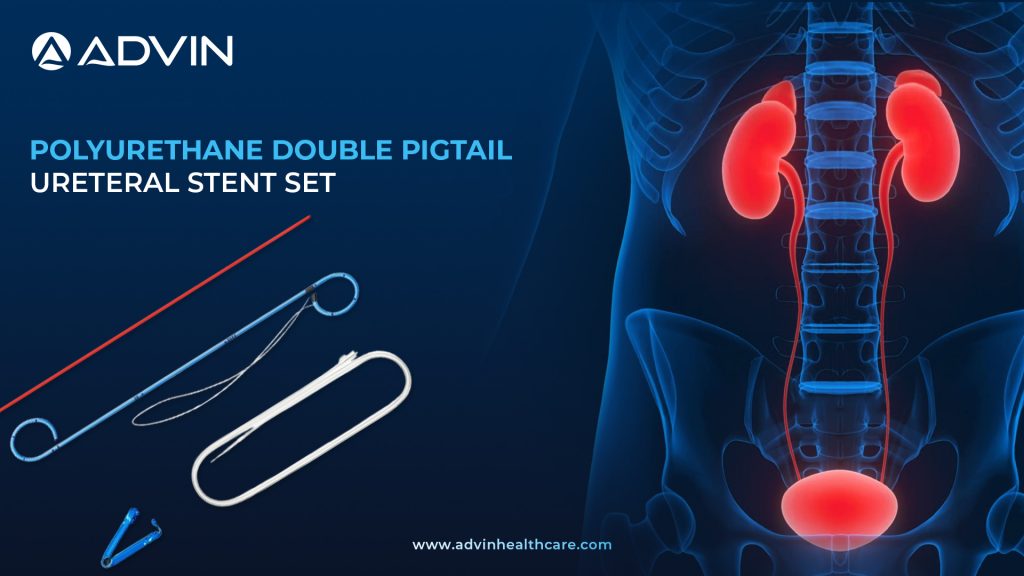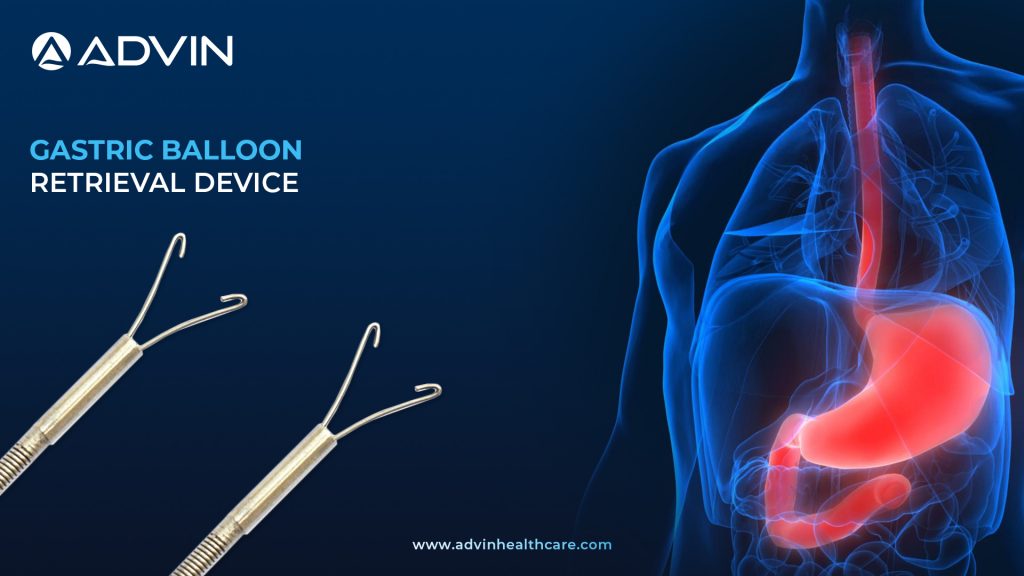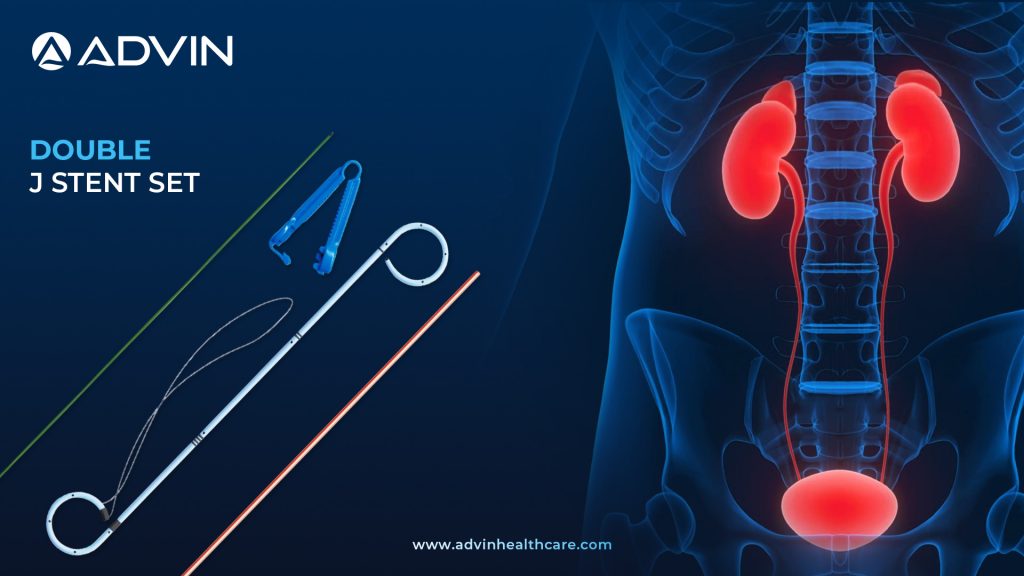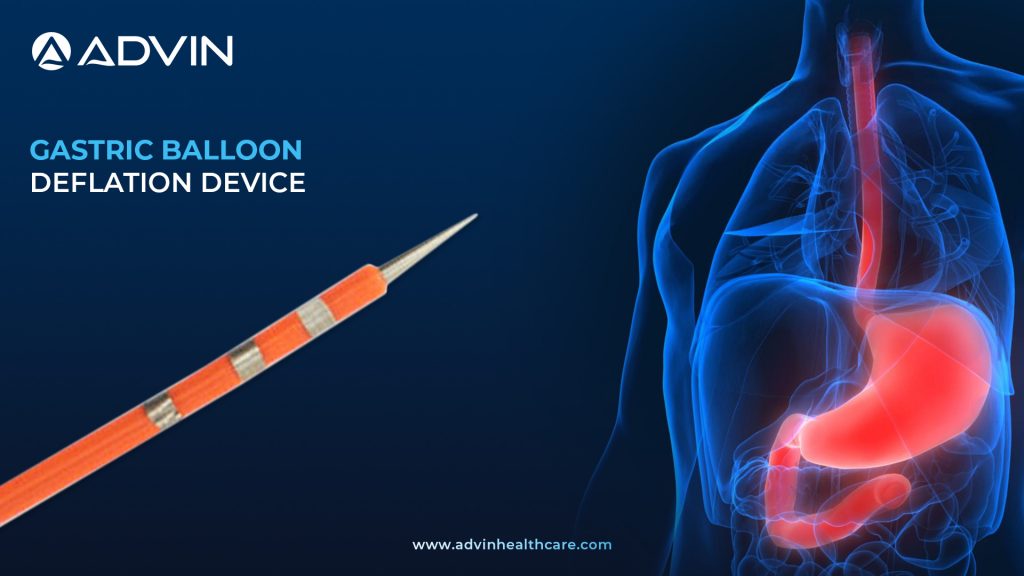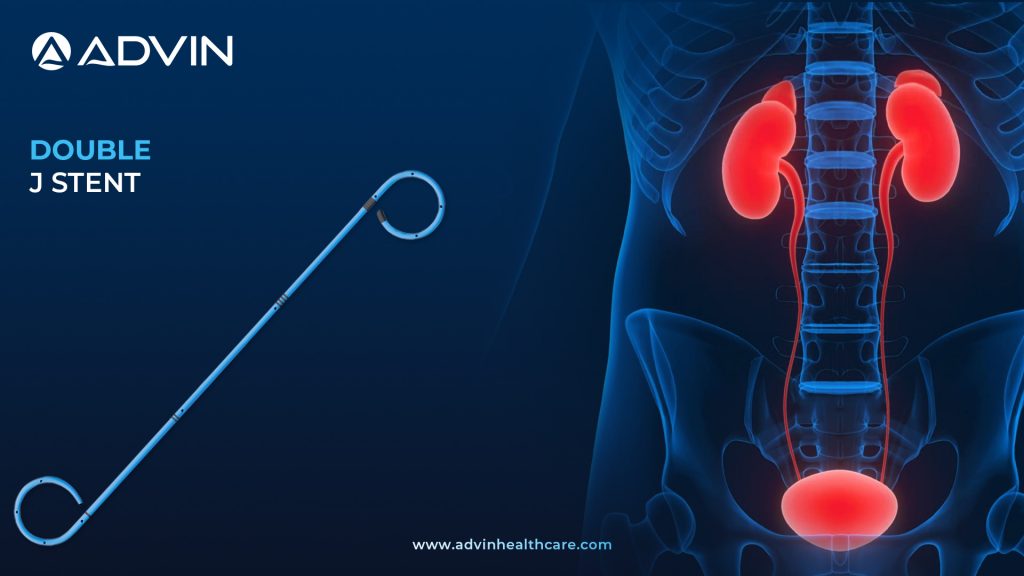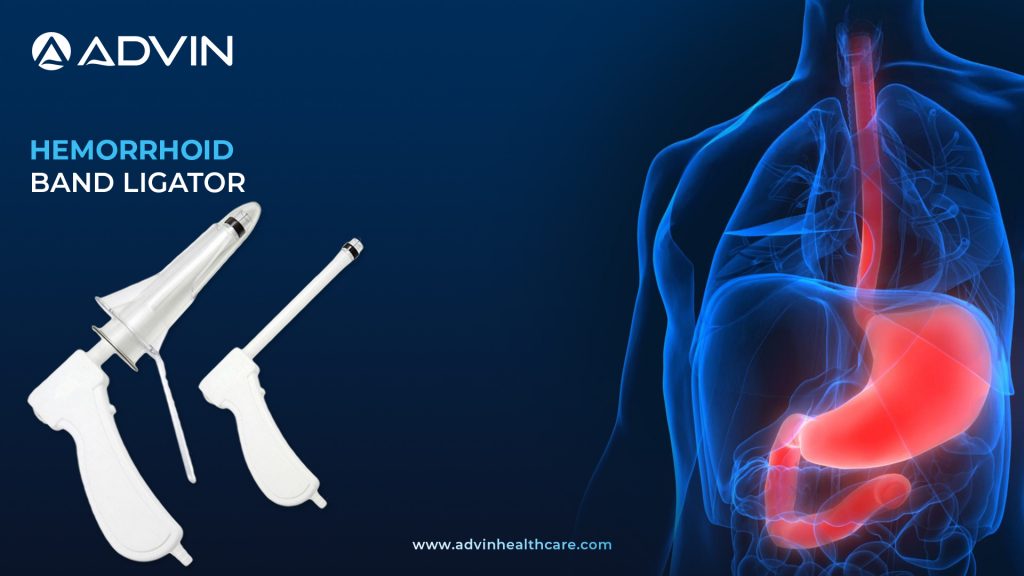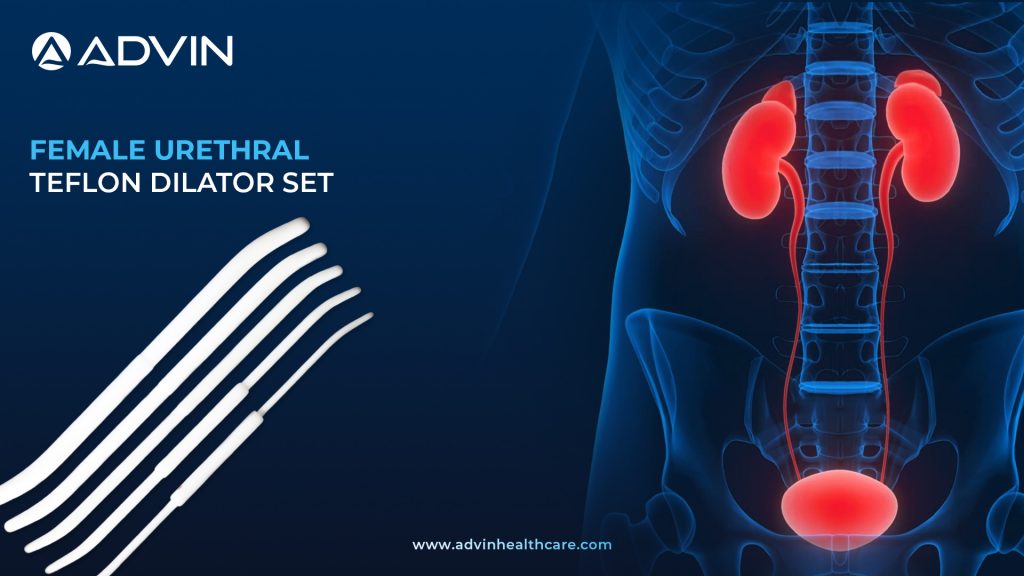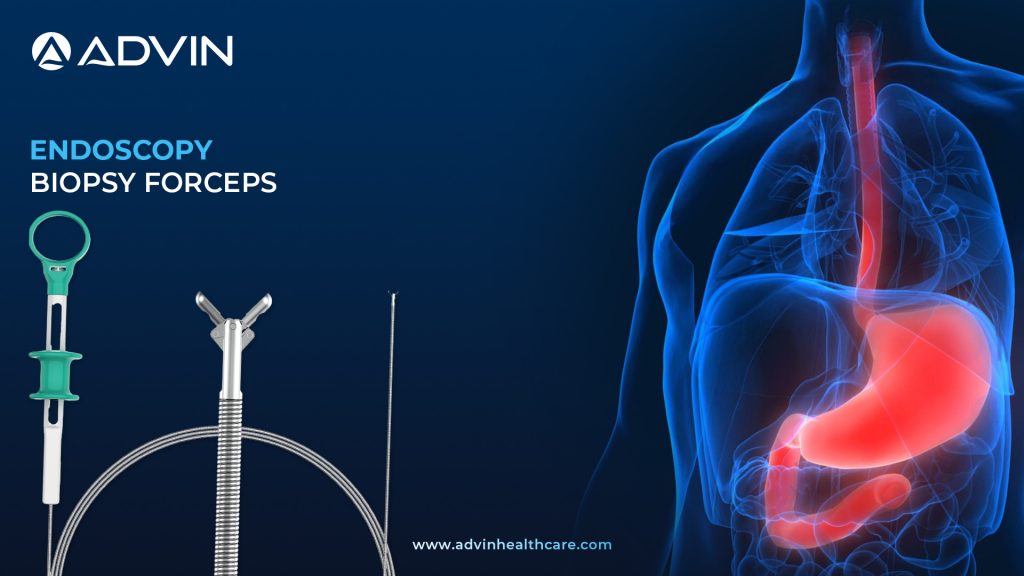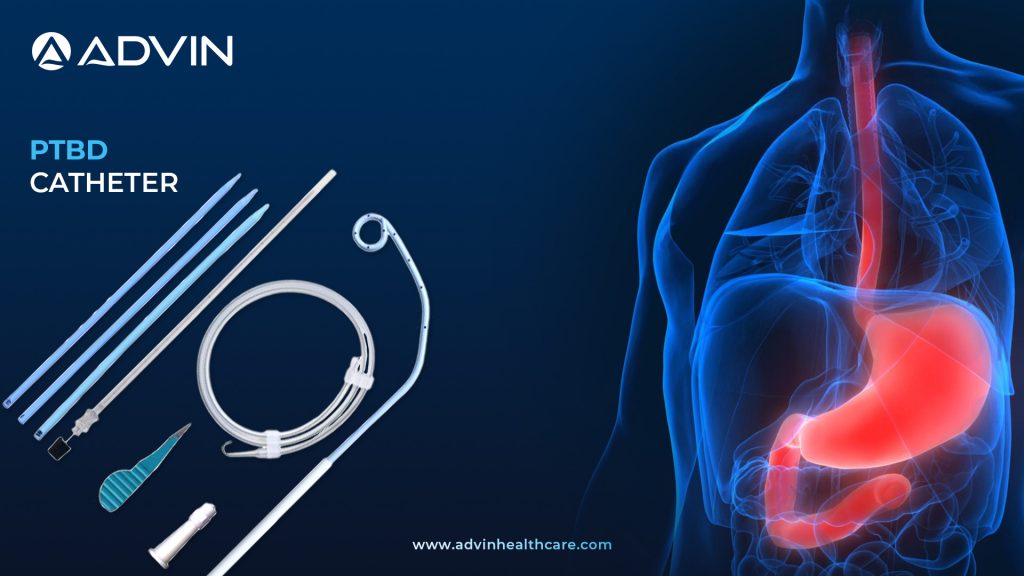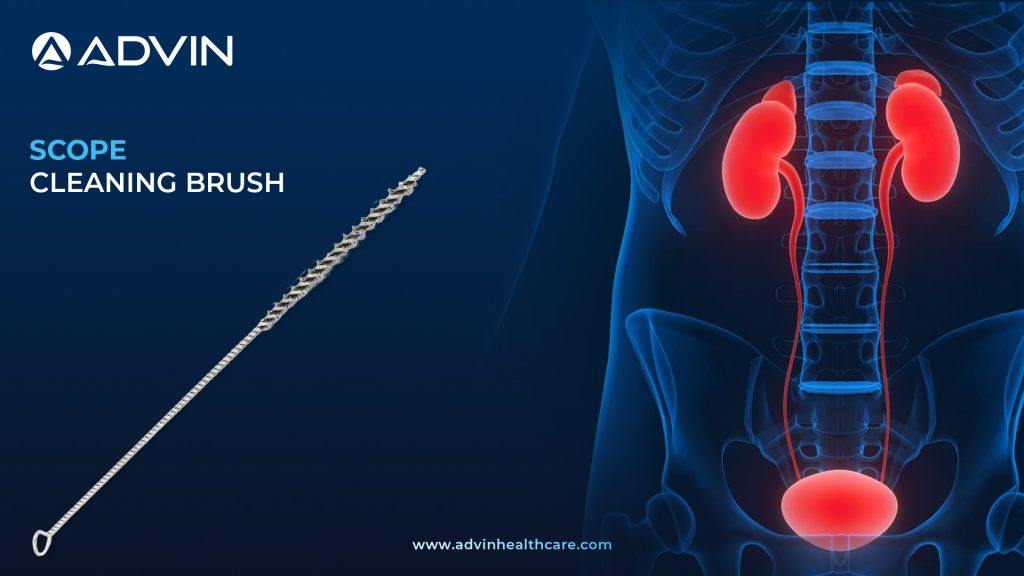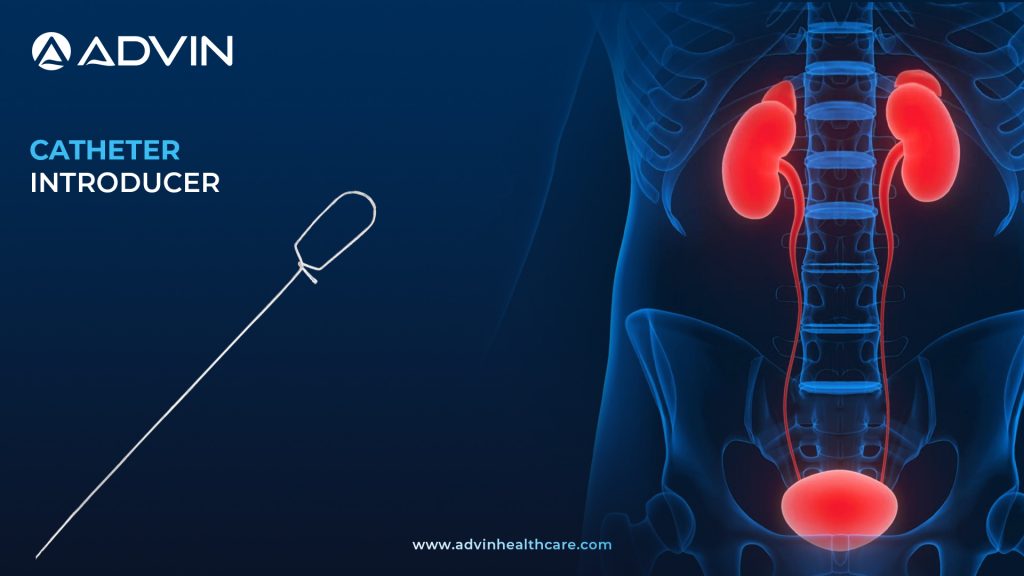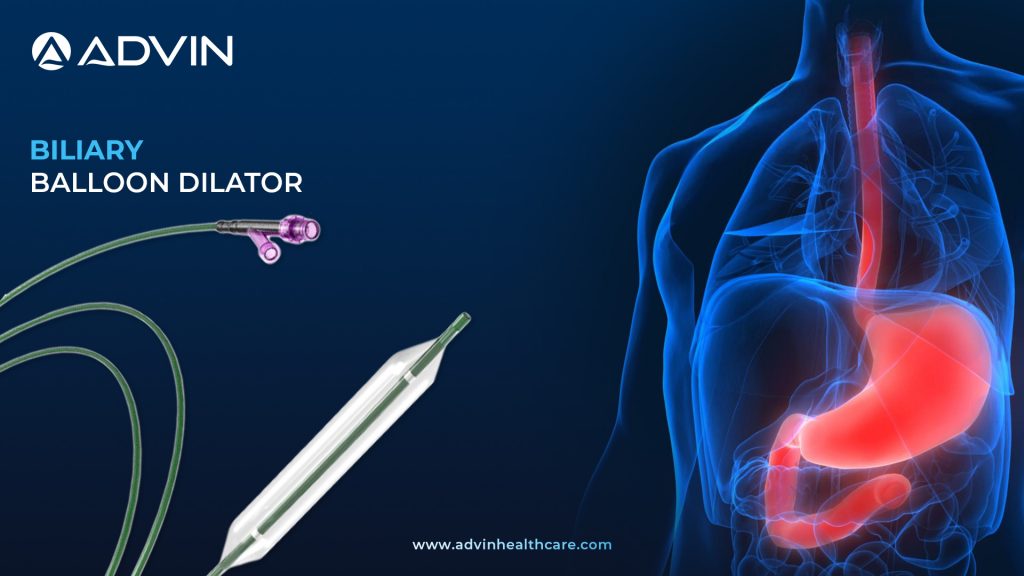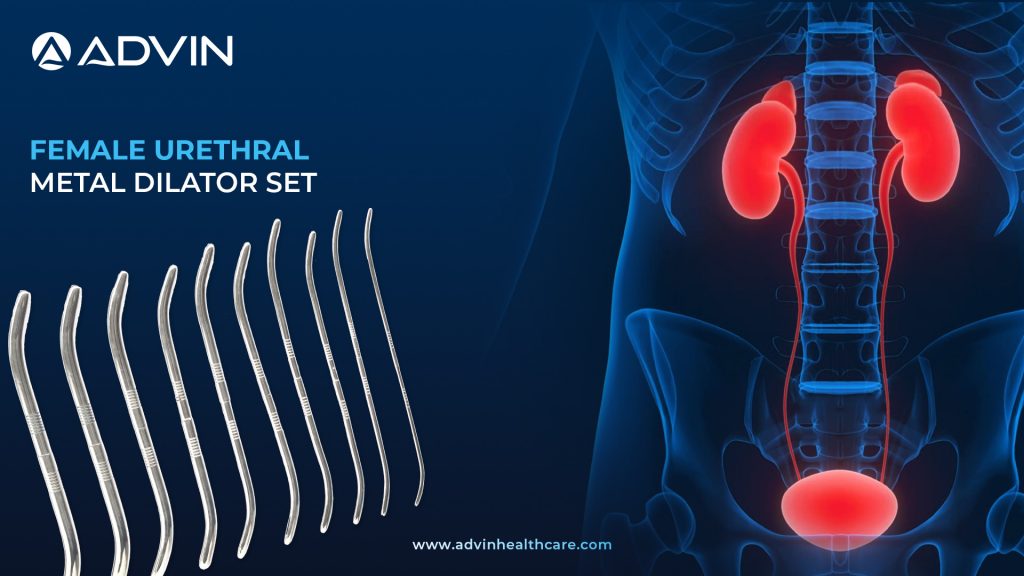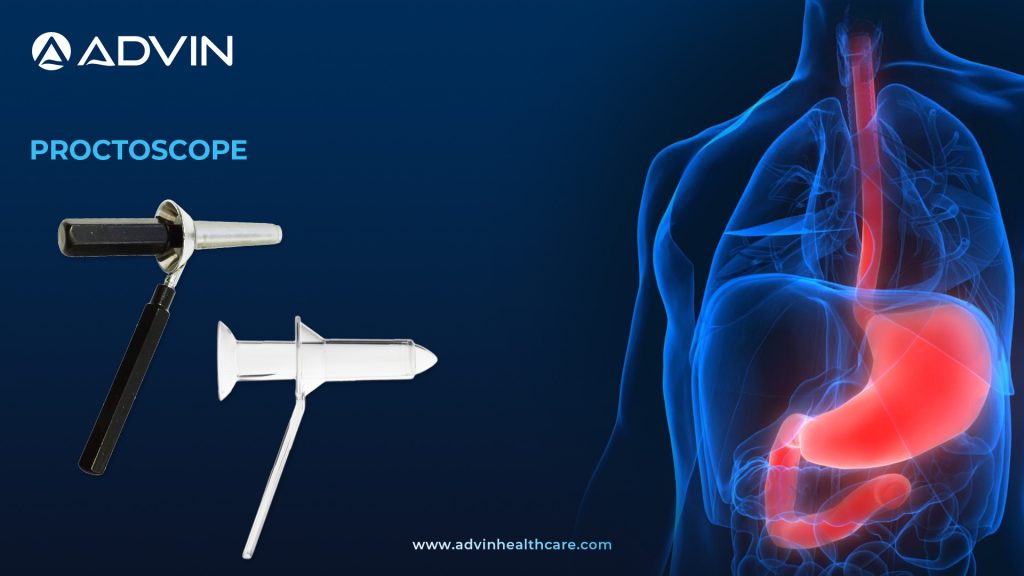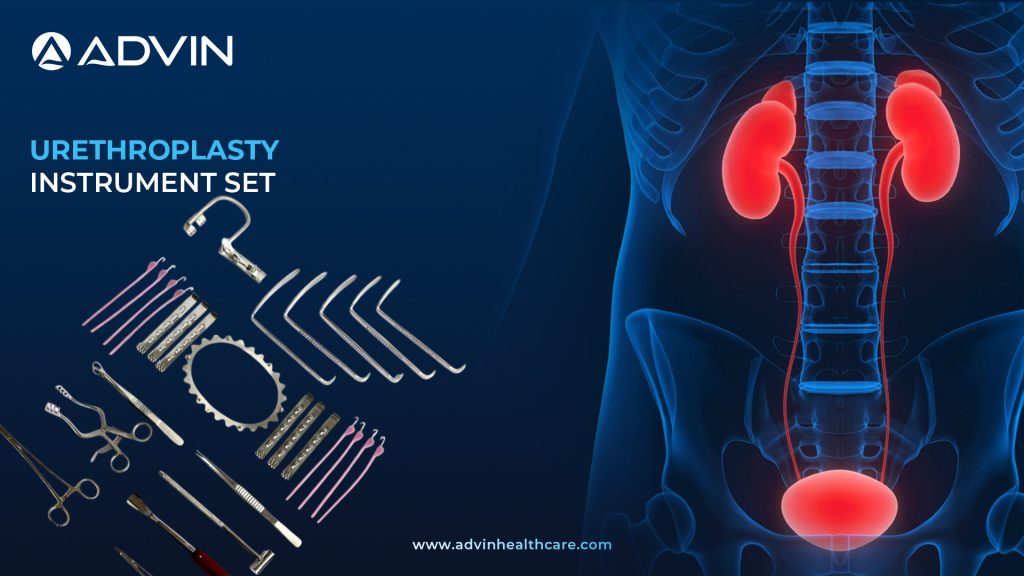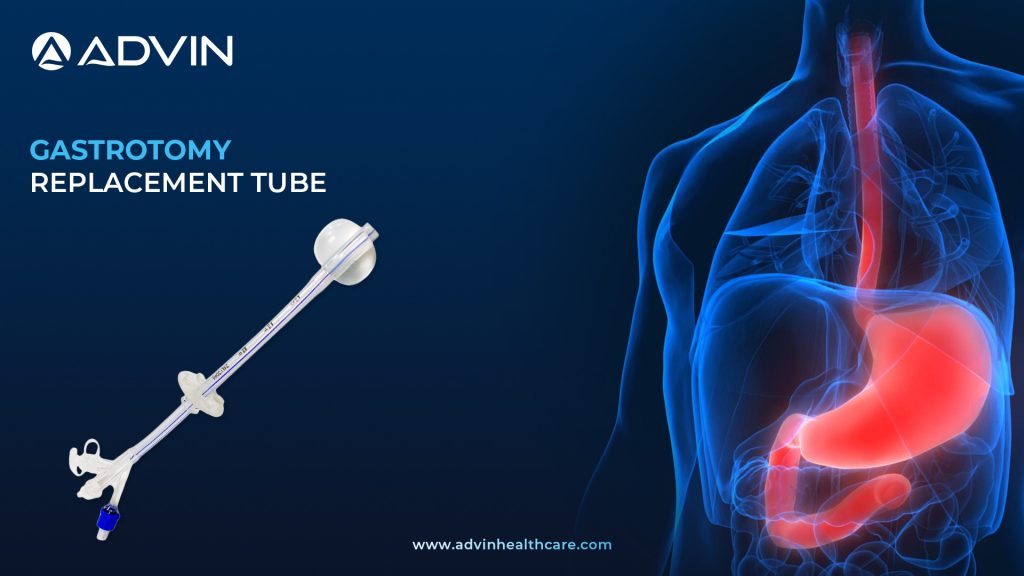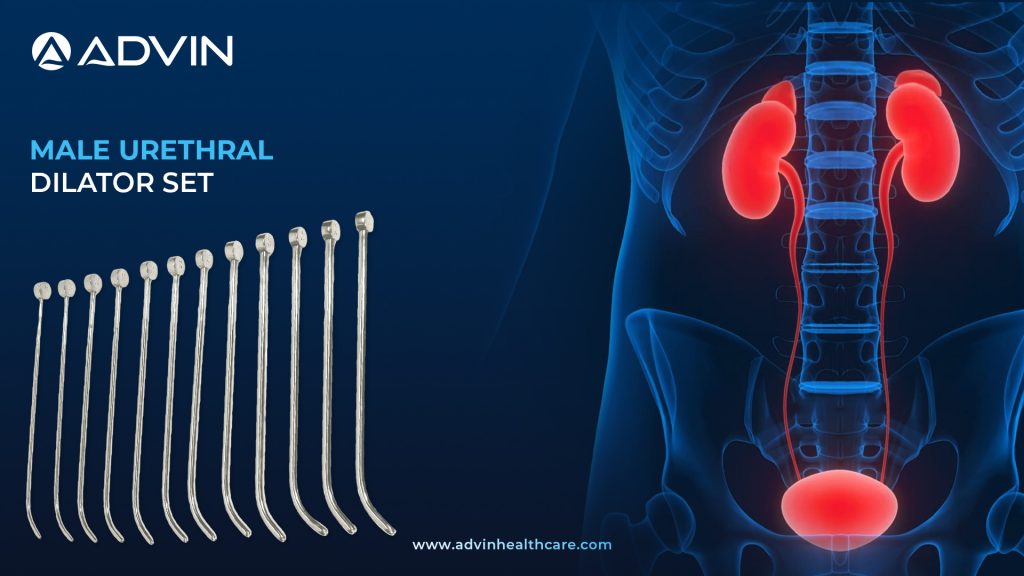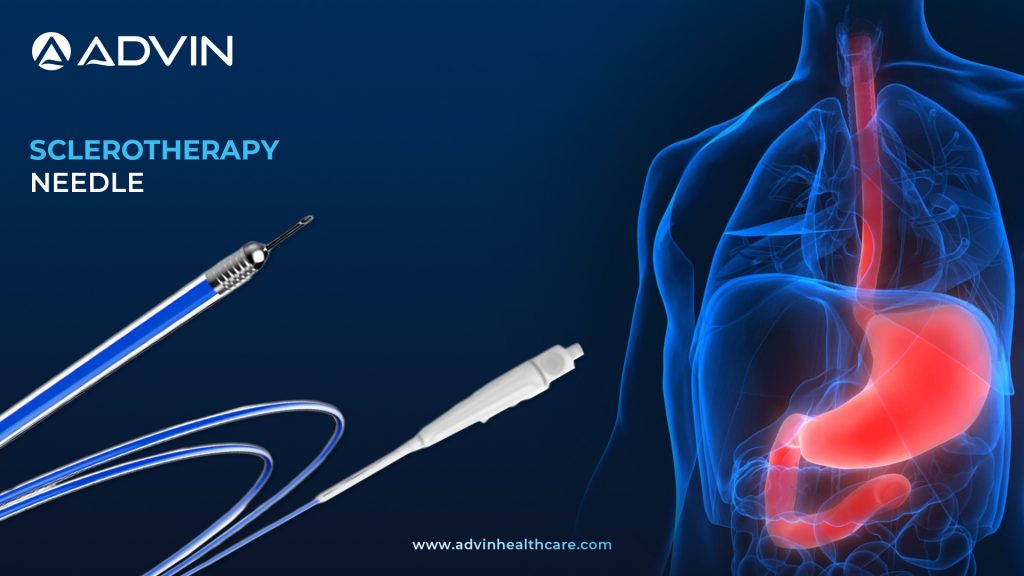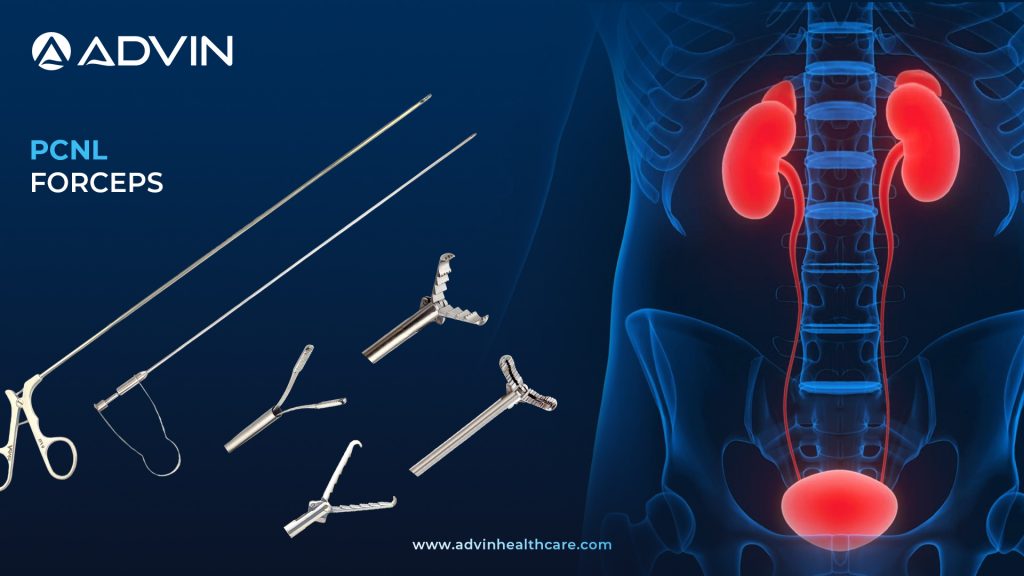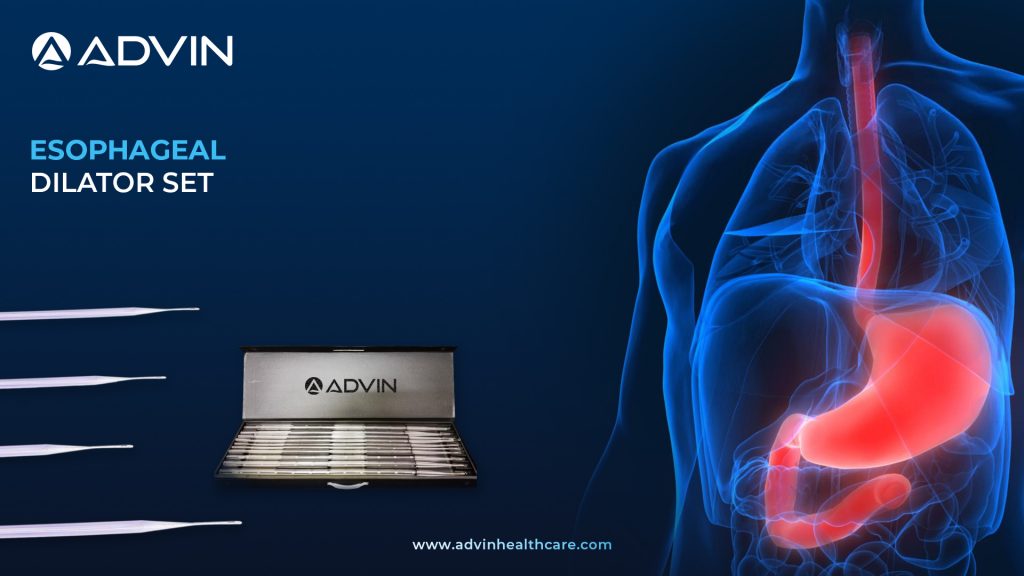Polyurethane Double Pigtail Ureteral Stent Set – Reliable Ureteral Drainage with Flexibility
 Advin Health Care
Advin Health Care
 July 3, 2025
July 3, 2025
Introduction to Polyurethane Double Pigtail Ureteral Stent Set: Flexible and Reliable Ureteral Drainage A Polyurethane Double Pigtail Ureteral Stent Set is used to ensure urine flows from the kidney to the bladder when the ureter is blocked. The stent has coiled (pigtail) ends on both sides to prevent migration. This...
Read More
Gastric Balloon Retrieval Device – Essential for Bariatric Endoscopy
 Advin Health Care
Advin Health Care
 June 30, 2025
June 30, 2025
What Is a Gastric Balloon Retrieval Device? A Gastric Balloon Retrieval Device is a specialized endoscopic tool used to safely extract intragastrical balloons after their treatment period is complete. It is designed to grip, collapse, and remove the deflated balloon from the stomach through the mouth. This ensures a smooth...
Read More
Double J Stent Set – Complete Solution for Ureteral Drainage and Support
 Advin Health Care
Advin Health Care
 July 2, 2025
July 2, 2025
Introduction to Double J Stent Set: Complete Kit for Ureteral Drainage and Placement A Double J Stent Set includes all necessary components to place a ureteral stent for internal urinary drainage. The set typically contains a Double J Stent, pusher, guidewire, and clamp. It is used during procedures involving ureteral...
Read More
Gastric Balloon Deflation Device – Reliable Tool for Endoscopic Procedures
 Advin Health Care
Advin Health Care
 June 28, 2025
June 28, 2025
What Is a Gastric Balloon Deflation Device? A Gastric Balloon Deflation Device is a medical tool used to safely deflate and remove intragastric balloons placed for weight-loss treatment. It is inserted endoscopically to puncture and deflate the balloon inside the stomach. This ensures the balloon can be removed without complications...
Read More
Double J Stent – Reliable Support for Ureteral Patency
 Advin Health Care
Advin Health Care
 June 28, 2025
June 28, 2025
Introduction to Double J Stent: Internal Drainage Solution for Ureteral Obstructions A Double J Stent is a flexible tube inserted into the ureter to allow urine drainage from the kidney to the bladder. It has curls (or J shapes) at both ends to prevent displacement. This stent is commonly used...
Read More
Hemorrhoid Band Ligator – Fast, Effective Relief for Internal Hemorrhoids
 Advin Health Care
Advin Health Care
 June 27, 2025
June 27, 2025
What Is a Hemorrhoid Band Ligator? A Hemorrhoid Band Ligator is a medical device used during endoscopic or proctoscopic procedures to treat internal hemorrhoids. It works by placing small rubber bands at the base of the hemorrhoid, cutting off its blood supply. Over time, the ligated hemorrhoid shrinks and falls...
Read More
Female Urethral Teflon Dilator Set – Smooth, Safe & Effective Dilation
 Advin Health Care
Advin Health Care
 June 28, 2025
June 28, 2025
Introduction to Female Urethral Teflon Dilator Set: Smooth & Safe Dilation for Urethral Strictures The Female Urethral Teflon Dilator Set is designed to gently expand the narrowed female urethra. Made from smooth, high-grade Teflon, these dilators reduce friction and discomfort during insertion. The set allows safe and progressive dilation for...
Read More
Endoscopy Biopsy Forceps – Essential Tool for Accurate GI Tissue Sampling
 Advin Health Care
Advin Health Care
 June 27, 2025
June 27, 2025
What Are Endoscopy Biopsy Forceps? Endoscopy Biopsy Forceps are used to collect tissue or polyps from the gastrointestinal tract during endoscopic procedures. These forceps allow precise sampling for diagnosis, especially in conditions like ulcers, tumors, or polyps. They are essential tools in both diagnostic and therapeutic endoscopy. Development of Biopsy...
Read More
PTBD Catheter – Minimally Invasive Drainage for Complex Biliary Conditions
 Advin Health Care
Advin Health Care
 June 27, 2025
June 27, 2025
Understanding the PTBD Catheter A PTBD Catheter, or Percutaneous Transhepatic Biliary Drainage Catheter, is a tube placed through the skin and into the liver to drain bile when the bile ducts are blocked. It offers relief from symptoms like jaundice and abdominal pain in patients with bile duct obstructions. The...
Read More
Scope Cleaning Brush – Essential for Safe and Hygienic Endoscope Maintenance
 Advin Health Care
Advin Health Care
 June 28, 2025
June 28, 2025
Introduction to Scope Cleaning Brush: Essential for Endoscope Maintenance & Reprocessing The Scope Cleaning Brush is used to manually clean the internal channels of endoscopes and urology scopes after procedures. It ensures removal of organic debris before sterilization. The brush is essential for maintaining hygiene and extending the life of...
Read More
Catheter Introducer – Safe and Controlled Vascular Access Made Easy
 Advin Health Care
Advin Health Care
 June 28, 2025
June 28, 2025
Introduction to Catheter Introducer: Seamless Access for Safe Catheter Placement A Catheter Introducer is a medical device used to guide urinary catheters into the urethra or bladder smoothly and safely. It minimizes resistance during insertion and helps prevent trauma to the urethral lining. This device is commonly used in cases...
Read More
Biliary Balloon Dilator by Advin – Engineered for Accuracy
 Advin Health Care
Advin Health Care
 June 27, 2025
June 27, 2025
Understanding the Tool: Purpose of the Dilator in ERCP A Biliary Balloon Dilator is a medical device used to widen narrowed areas in the bile ducts during endoscopic procedures. It is introduced through an endoscope during ERCP (Endoscopic Retrograde Cholangiopancreatography). This tool helps improve bile flow by gently expanding strictures...
Read More
Female Urethral Metal Dilator Set – Safe & Effective Dilation
 Advin Health Care
Advin Health Care
 June 28, 2025
June 28, 2025
Introduction to Female Urethral Metal Dilator Set: Precision Tools for Urethral Dilation The Female Urethral Metal Dilator Set is used to treat urethral strictures and maintain urethral patency in women. It consists of a series of stainless steel dilators in gradually increasing sizes. This set allows for gentle and controlled...
Read More
Understanding the Proctoscope – A Vital Tool in Colorectal Examination
 Advin Health Care
Advin Health Care
 June 27, 2025
June 27, 2025
Basic Overview of the Proctoscope A Proctoscope is a medical instrument used to examine the anal canal, rectum, and lower part of the colon. It is a hollow, rigid tube made from either stainless steel or medical-grade plastic. The device allows doctors to visually inspect and diagnose issues in the...
Read More
Urethroplasty Instrument Set – Complete Instrumentation for Effective Stricture Repair
 Advin Health Care
Advin Health Care
 June 28, 2025
June 28, 2025
Introduction to Urethroplasty Instrument Set: Specialized Tools for Reconstructive Urology The Urethroplasty Instrument Set is used in reconstructive urology to repair or replace narrowed sections of the urethra. This set includes essential surgical tools designed for precision, control, and effective dissection. It is commonly used during urethral stricture surgeries. Evolution...
Read More
Gastrostomy Replacement Tubes in Modern Enteral Nutrition Care
 Advin Health Care
Advin Health Care
 June 27, 2025
June 27, 2025
Gastrostomy Replacement Tube A Gastrostomy Replacement Tube is used to deliver nutrition directly into the stomach of patients who cannot eat by mouth. It is inserted through an existing gastrostomy stoma and can be replaced when the original feeding tube is removed or no longer functional. These tubes are designed...
Read More
Male Urethral Dilator Set – Reliable Tools for Accurate Stricture Management
 Advin Health Care
Advin Health Care
 June 28, 2025
June 28, 2025
Introduction to Male Urethral Dilator Set: Essential Tool for Urethral Stricture Management The Male Urethral Dilator Set is used to treat urethral strictures by gradually expanding the narrowed urethral passage. It includes a series of dilators in increasing sizes to restore normal urinary flow. This is a standard urology instrument...
Read More
Sclerotherapy Needle – A Key Tool for Gastrointestinal Bleeding Management
 Advin Health Care
Advin Health Care
 June 27, 2025
June 27, 2025
What is a Sclerotherapy Needle? A Sclerotherapy Needle is a medical device used to inject sclerosing agents into targeted areas of the gastrointestinal tract. It plays a crucial role in controlling gastrointestinal bleeding during endoscopic procedures. The needle is especially effective in treating esophageal varices, gastric varices, and bleeding lesions....
Read More
PCNL Forceps – Enhancing Stone Grasping in Percutaneous Procedures
 Advin Health Care
Advin Health Care
 June 28, 2025
June 28, 2025
Introduction to PCNL Forceps: Precision Retrieval Tools for Renal Stone Surgery PCNL Forceps are specialized instruments used during Percutaneous Nephrolithotomy (PCNL) to grasp and remove kidney stones. These forceps are inserted through a nephroscope to access and extract calculi directly from the renal pelvis. They are available in various jaw...
Read More
Esophageal Dilator Set – A Safe and Effective Solution for Treating Swallowing Difficulties
 Advin Health Care
Advin Health Care
 July 1, 2025
July 1, 2025
What is an Esophageal Dilator Set? An Esophageal Dilator Set is a medical device used to widen narrowed areas (strictures) in the esophagus. It typically includes a cylindrical dilator that slides over a guidewire or string for controlled placement. The set is essential for treating swallowing difficulties caused by benign...
Read More

